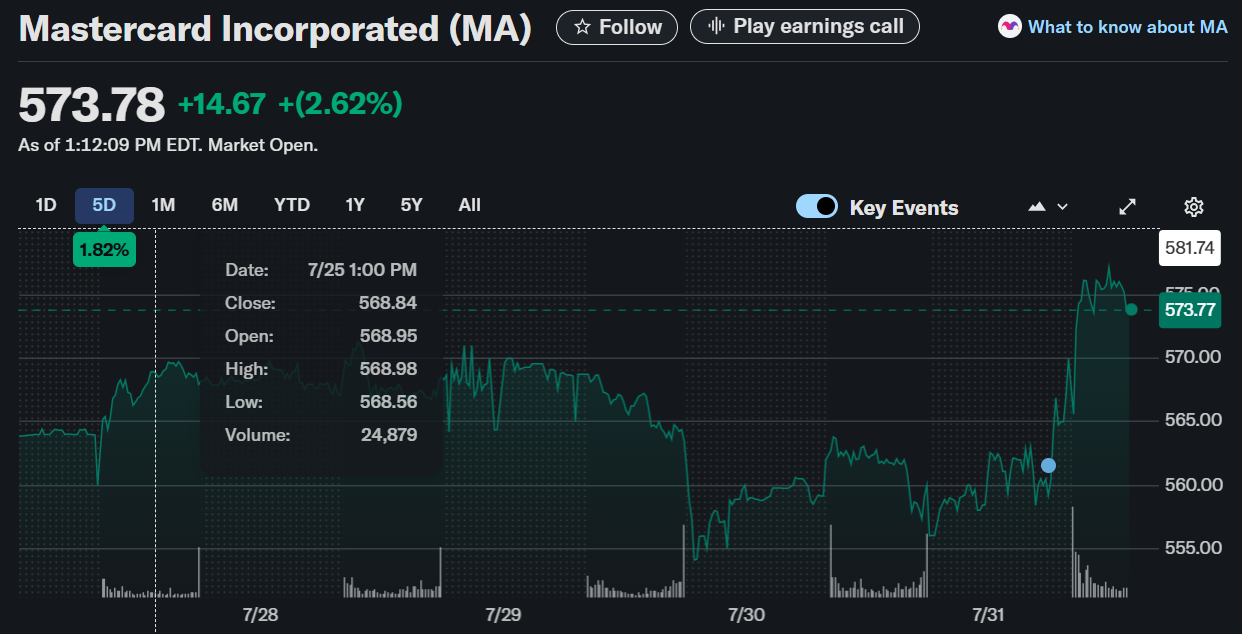31.07.2025 01:50
The founders of Samourai Wallet, William Lonergan Hill and Keonne Rodriguez, have admitted guilt to charges of conspiring to operate an unlicensed money transmitter. This plea bargain significantly reduces their potential prison sentence from a possible twenty years to a maximum of five. The reduced sentence stems from the U.S. Department of Justice (DOJ) dropping a more serious money laundering charge.
Following a shutdown of the platform last year by the DOJ and FBI, citing alleged criminal misuse and operator negligence, the founders faced considerable legal jeopardy. The case has ignited a debate regarding the interpretation of money transmission laws, particularly concerning their application to non-custodial software developers. Amanda Tuminelli of the DeFi Education Fund, for instance, has voiced criticism of the DOJ's approach.
The guilty plea marks a significant development in the ongoing legal battle surrounding Samourai Wallet and its implications for the cryptocurrency industry. This case raises important questions about the regulatory landscape and the potential legal ramifications for developers of privacy-focused cryptocurrency tools and services. The reduced sentence, while still considerable, suggests a potential shift in the DOJ's prosecutorial strategy or a recognition of mitigating circumstances. The long-term impact on crypto privacy and the legal frameworks governing the space remains to be seen. This case serves as a cautionary tale for developers operating in the crypto space, highlighting the need for strict adherence to evolving regulations.











